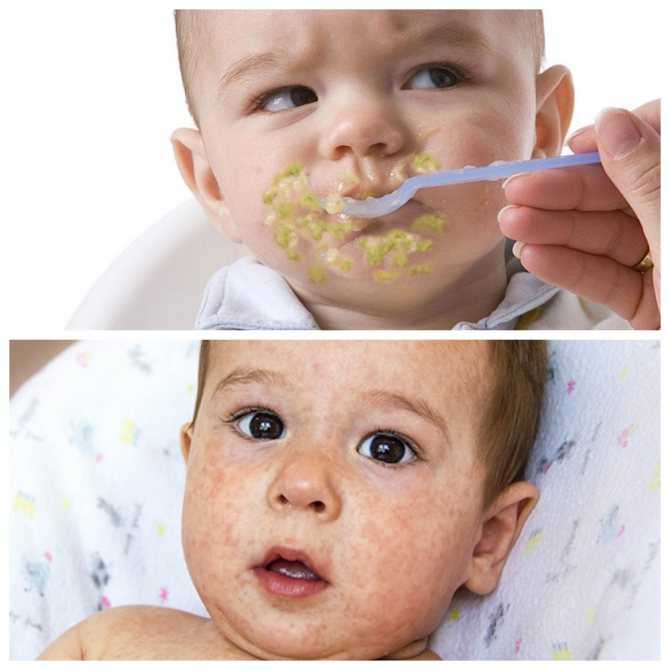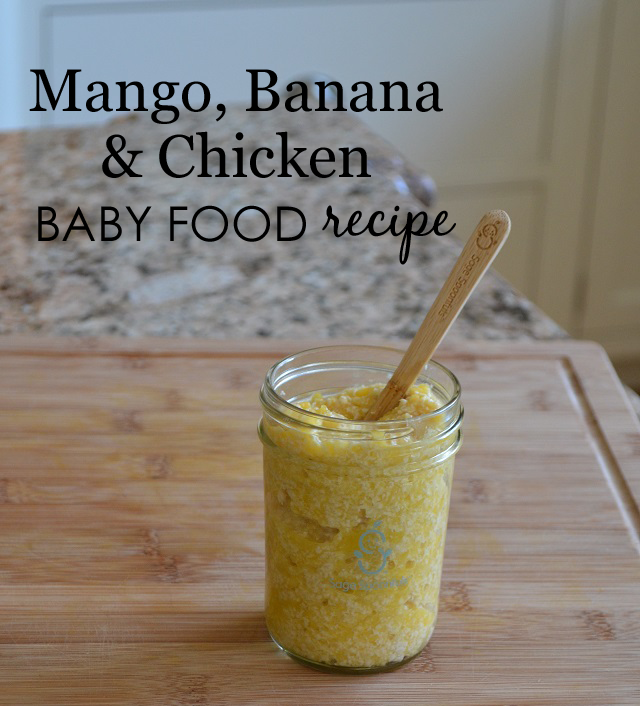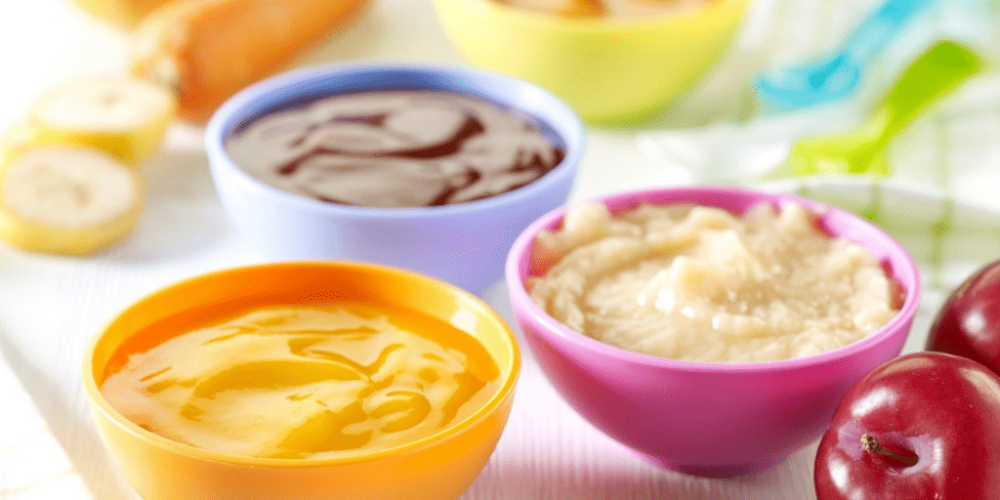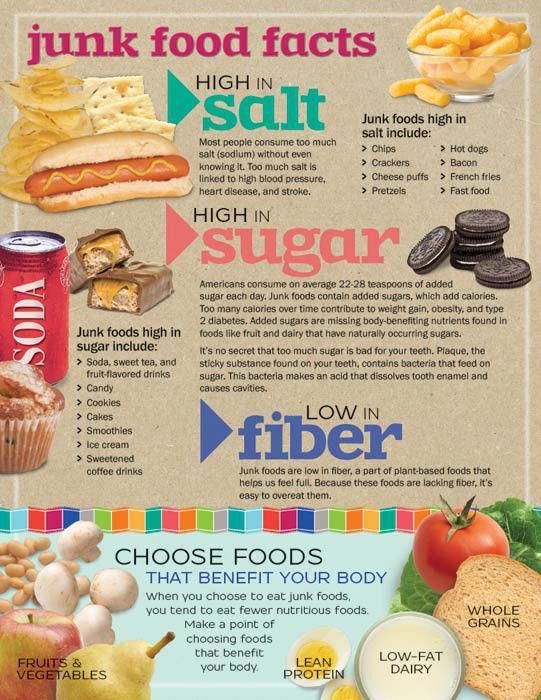What foods are constipating for babies
Foods to Relieve Constipation in Babies
As new parents, we quickly learn that “poop” becomes part of one’s daily conversation. You start to calculate how much and how often baby poops. The doctor will ask you what it looks like and smells like.
When a baby is suddenly not pooping, we start to get concerned. Especially if he becomes cranky or cries while pooping. This can be a sign of constipation.
It can happen to breastfed or formula fed babies and often begins when switching to solid foods. When their digestive systems are only used to breast milk or formula, solid foods can be tough to digest.
The frequency of bowel movements, or the lack of, is not the only clue your little one might be constipated. If your baby’s poop is very hard or seems difficult to pass he may also be suffering from constipation.
There are certain foods that are more likely to cause constipation and discomfort. If you suspect your baby is suffering from constipation, read on. We will run through the foods that can trigger constipation and foods to relieve constipation in babies.
- Yogurt
- White bread
- Pasta
- Applesauce
- Unripe bananas
- Cooked carrots
- Rice cereal
- Cheese
These foods are known to trigger gassiness and constipation in most babies. But, it is important for you to keep track of your own baby’s symptoms related to what they are eating. What triggers constipation in one child may not necessarily be the same in another baby. To help avoid constipation in babies, you need to feed your little one foods that are high in fiber content or have natural laxative properties. Just some small dietary changes can make your baby feel better and get his digestion flowing more smoothly. By adding some of the following foods to your baby’s diet you will surely get the “poop talk” back to a more positive conversation.
Foods to Help Relieve Constipation in Babies:
- Cheerios: High in fiber. Try the whole grain option for babies who are already eating finger foods.
- Soy Products: This can be especially helpful for babies who are allergic to milk proteins. If mom avoids dairy and replaces it with soy products, her breast milk may become more favorable for baby’s digestion.
- Berries: Berries of all kinds are packed with fiber and their natural sweetness is a favorite of children of all ages.
- Prunes and figs: Packed with fiber and also a natural laxative. You can cut them into small cubes and allow baby to feed himself or serve as a juice or ice pop
- Oatmeal and other whole grains: These are naturally high in fiber and energy. Oatmeal is available commonly as a pre-cooked baby cereal and whole grain bread is a good source of whole grain for your baby.
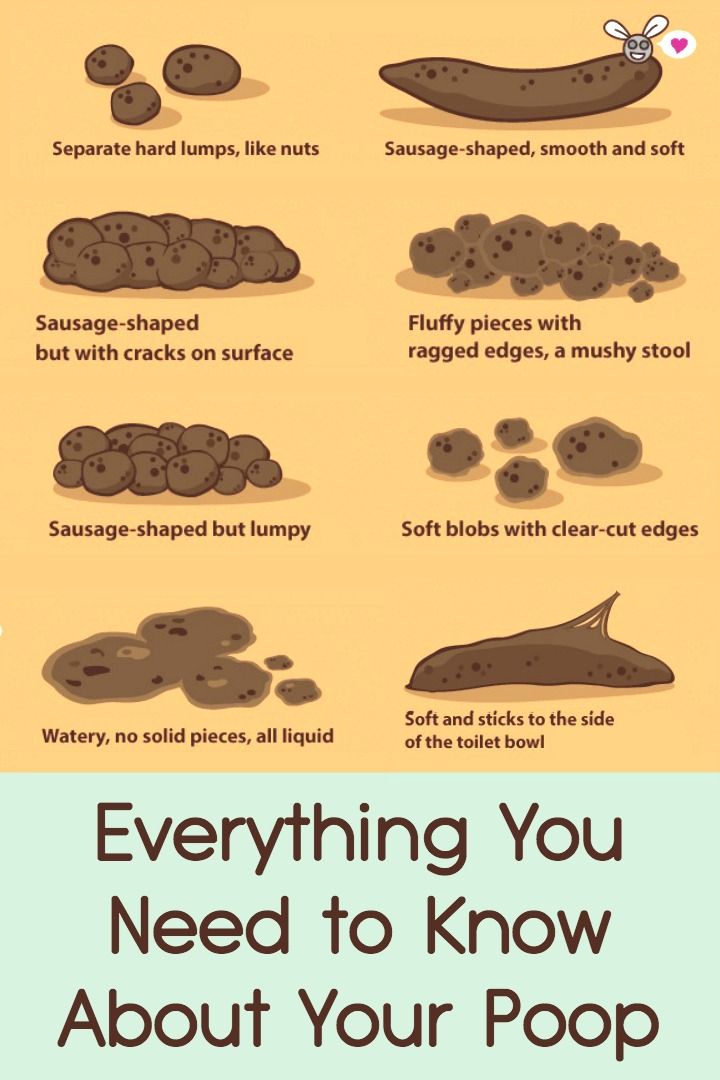 **Try mixing the cereal with a little prune juice!
**Try mixing the cereal with a little prune juice! - Beans: “Beans, beans the magical fruit, the more you eat the more you toot!” We already know that beans, of any kind, have a great mixture of soluble and insoluble fiber both of which help in digestion and help to promote more regular bowel movements.
- Pears, Plum, and Apples: All are rich in fiber and are available to be purchased in baby food jars at your grocery store or can be served cubed to baby.
- Sweet Potatoes: These are extremely rich in fiber, it’s best to have them with the skin on, however this can be difficult for babies to chew so consider a puree
- Nuts: Most nuts are a great source of protein and fiber - but feed them in moderation because they are also high in fat. Most pediatricians recommend waiting until one year of age to serve nuts and tree nuts to children for the sake of allergies.
- Water: Additional liquid into baby’s diet will help to keep stool softer.
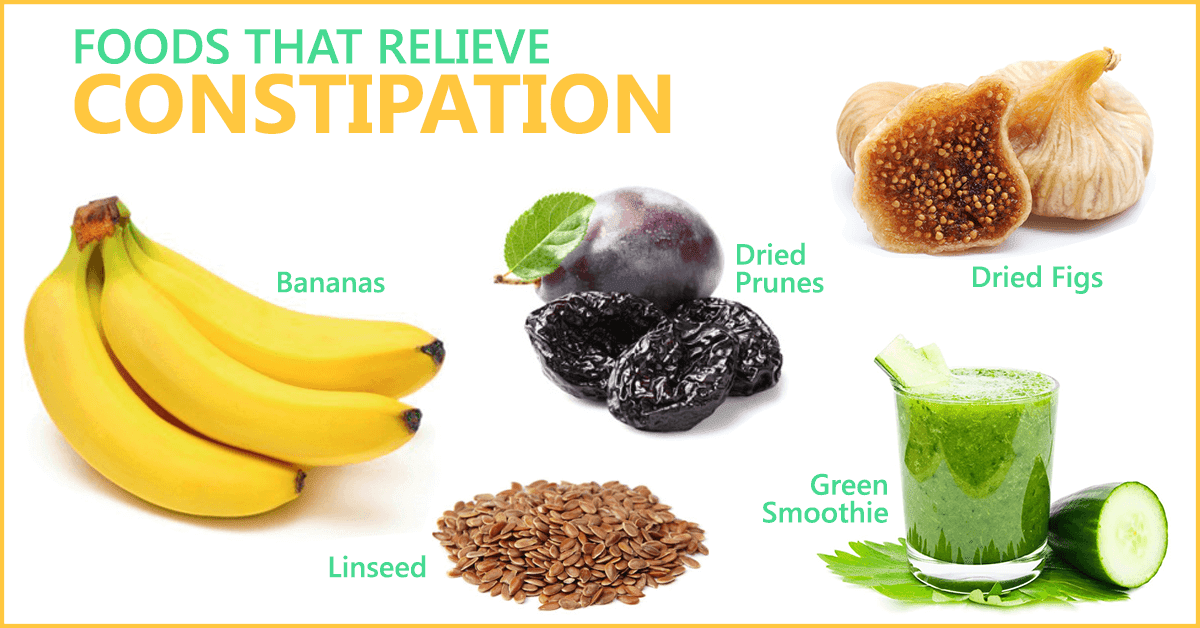 Offering water or diluted juice in a sippy cup will help with constipation. (However, always check with your doctor before adding water or other liquids to baby’s diet as babies younger than 6 months generally get all the water they need through breast milk or formula.)
Offering water or diluted juice in a sippy cup will help with constipation. (However, always check with your doctor before adding water or other liquids to baby’s diet as babies younger than 6 months generally get all the water they need through breast milk or formula.)
Hopefully just some simple diet modifications will leave your baby pooping freely and feeling much more comfortable! Remember that every baby is different and their body will react differently to certain foods.
If simple diet changes don’t seem to make a difference please seek out the advice of your doctor so they can rule out any other serious issues.
20 Foods That Cause and Relieve Constipation in Babies
If you are new parents, discussing your baby’s pooping habits must be a regular thing now. You’ll be surprised at how much you think, discuss, and worry about your baby’s poop schedule. If your baby has a hard time passing stool or passes a lot of gas daily, then without a doubt, you will worry and might think of consulting your baby’s paediatrician at odd hours. We understand your concern, but there is no need to panic. Your little one might be suffering from constipation, and it is very common in babies and toddlers.
We understand your concern, but there is no need to panic. Your little one might be suffering from constipation, and it is very common in babies and toddlers.
A child’s pooping habits will depend on his eating habits. There are some foods which tend to constipate babies, especially when you start giving them solid foods. Read on to know about the various foods that can cause and relieve constipation in children, and foods to help baby poop, find out how you can ensure that your child has a good bowel movement.
Video: 20 Foods That Cause and Relieve Constipation in Babies
How Solid And Liquid Foods Affect Constipation In Babies?
As a parent, it can be hard to watch your little one struggle with constipation.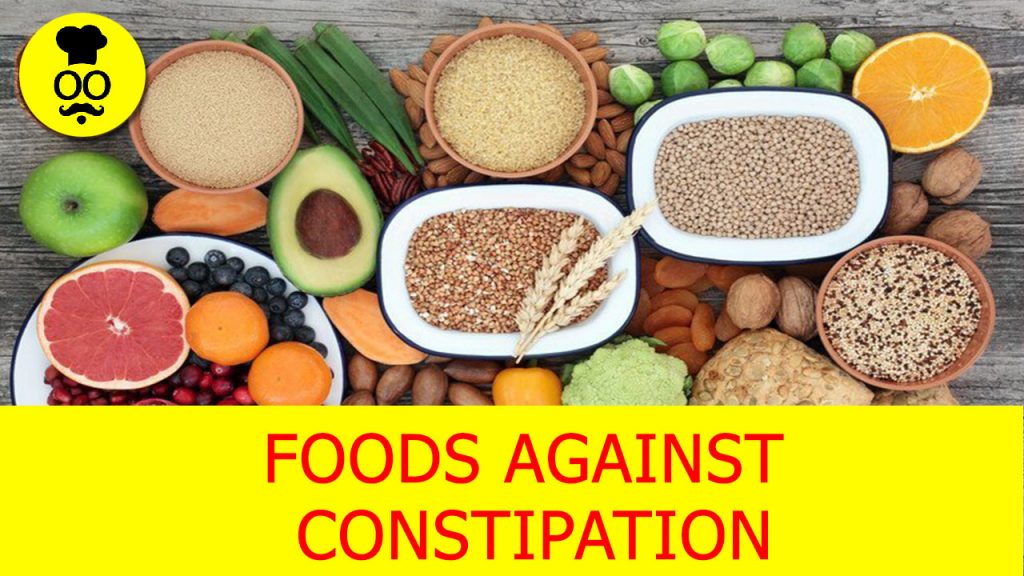 Luckily, there are some things you can do to help, including adjusting their diet. The type of food your baby eats can play a big role in their digestive health, so it’s important to pay attention to what you’re feeding them. In particular, both solid and liquid foods can affect constipation in babies in different ways. Here are some things to keep in mind:
Luckily, there are some things you can do to help, including adjusting their diet. The type of food your baby eats can play a big role in their digestive health, so it’s important to pay attention to what you’re feeding them. In particular, both solid and liquid foods can affect constipation in babies in different ways. Here are some things to keep in mind:
1. Solid Food
Introducing solid foods to your baby’s diet can be an exciting milestone, but it can also be a bit tricky when it comes to constipation. Certain solid foods can be constipating for babies, so it’s important to introduce them gradually and watch for any changes in bowel movements. Foods to be cautious of include bananas, applesauce, rice cereal, and cheese.
2. Liquid Food
When it comes to liquid foods, breastmilk or formula should be your baby’s main source of nutrition for the first several months. However, certain types of liquid foods can also be helpful in preventing constipation. Prune juice is a well-known constipation reliever, but you can also try other fruit juices like pear, apple, or grape. It’s important to dilute these juices with water and only offer small amounts to avoid giving your baby too much sugar.
It’s important to dilute these juices with water and only offer small amounts to avoid giving your baby too much sugar.
By being mindful of what your baby is eating and making small adjustments to their diet, you can help ease their discomfort and keep them happy and healthy.
Is Constipation Painful For Babies?
Constipation is no fun for anyone, and that includes babies. In fact, constipation can be quite painful for little ones, who may be too young to understand what’s going on. When your baby is constipated, they may strain or cry during bowel movements, and their stools may be hard or pebble-like. You may also notice that your baby is more irritable or fussy than usual, which can be a sign that they’re in discomfort. It’s important to address constipation in babies as soon as possible to prevent it from becoming a chronic issue. Fortunately, there are many gentle remedies you can try, including offering more water, increasing fiber in the diet, and massaging your baby’s belly.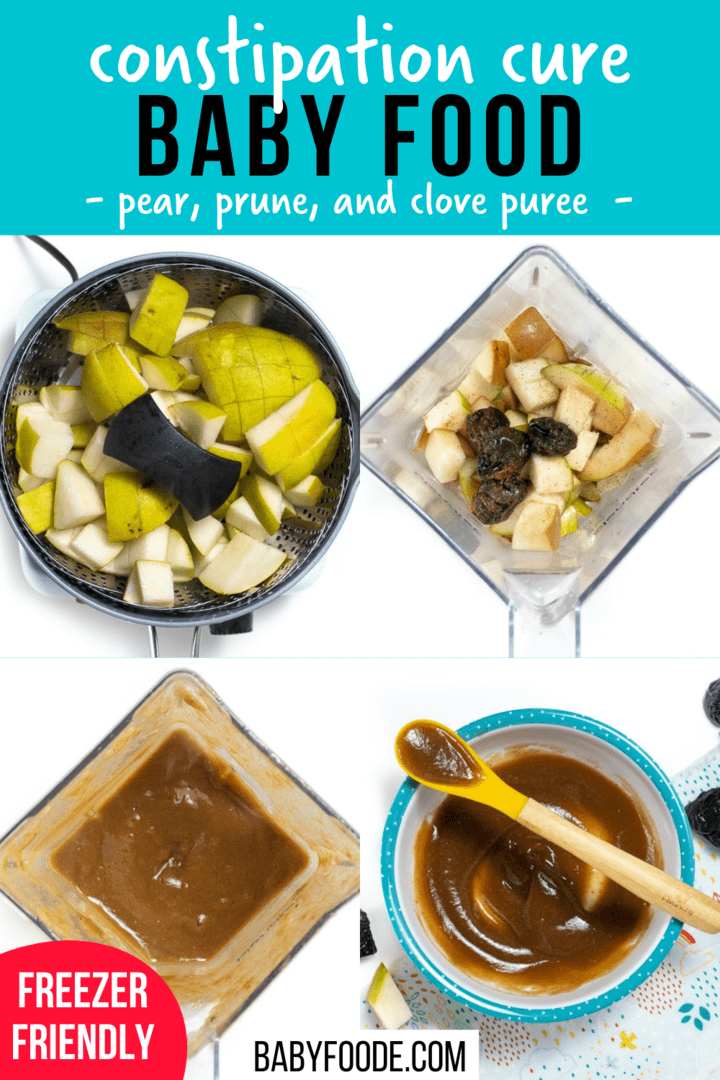 With a little patience and TLC, you can help your little one find relief and get back to their happy, bubbly selves.
With a little patience and TLC, you can help your little one find relief and get back to their happy, bubbly selves.
Foods That Cause Constipation in Infants
If your child has just started eating solid foods and he is having difficulty in passing stool or has a dry and hard stool, then it is a sign of constipation. Baby’s fluid intake and diet will determine his bowel movements. Here is a list of foods that cause constipation in babies.
1. Milk Protein
Milk protein can cause constipation in babies. Milk proteins other than in the breast milk can cause this problem, and as a parent, you need to be careful once you start giving formula milk to your baby. Sometimes, babies may even develop an allergy to the protein present in breast milk, which may result in constipation.
2. Formula Food
Babies are often fed formula in their early years. Formula food consists of ingredients that are difficult to digest, which might result in constipation. Formula milk even contains complex proteins that may harden the poop and thus cause constipation.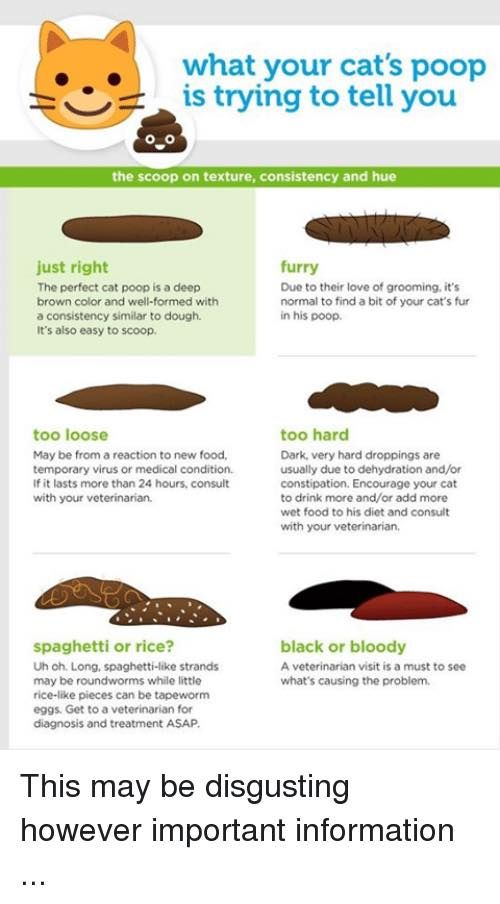
3. Rice
Rice and porridge are the two solid food for babies that most mothers think of introducing as the first food to their babies. But some babies may find it hard to digest rice and may feel constipated.
4. Carrots
Carrots, when given raw or in the form of juice, are usually good for babies. But, if you feed steam-cooked carrots to your baby, then he might feel constipated. Steamed carrots tend to solidify the poop making it difficult for babies to excrete.
5. Raw Bananas
Babies are often fed raw bananas, as cooked vegetable, or as a porridge made out of sun-dried raw banana powder. Although giving a ripe banana is good, unripe banana is not. If you give an unripe banana to your baby, he might feel constipated and have gastric problem. Under-ripe or unripe bananas have starch in them, which can be hard for a baby to digest.
6. Apples
Apples are known to harden the stool so eating them while suffering from diarrhoea can help. But steamed apples, a popular baby food, can cause constipation in babies. So don’t give steamed apples to your baby. Also avoid giving applesauce to your baby as it contains pectin protein, which hardens the stool.
But steamed apples, a popular baby food, can cause constipation in babies. So don’t give steamed apples to your baby. Also avoid giving applesauce to your baby as it contains pectin protein, which hardens the stool.
7. Cheese
Cheese is an excellent source of many essential vitamins and minerals and is a superfood for babies. It is usually given to babies as a snack. However, cheese is low in fibre and can cause constipation.
8. White Bread
White bread, made with all-purpose flour, is a processed form of grain and is low in fibre. Fibrous foods are known to improve digestion. However, white bread lacks fibre in substantial quantity and can cause constipation in babies.
9. Potatoes
Regular potatoes with skin have about 3 gm of fibre and can prevent constipation. If you give your baby potatoes with other veggies, then it won’t be a problem. However, if you give him potato chips or potatoes with butter or sour cream, then he may suffer from constipation.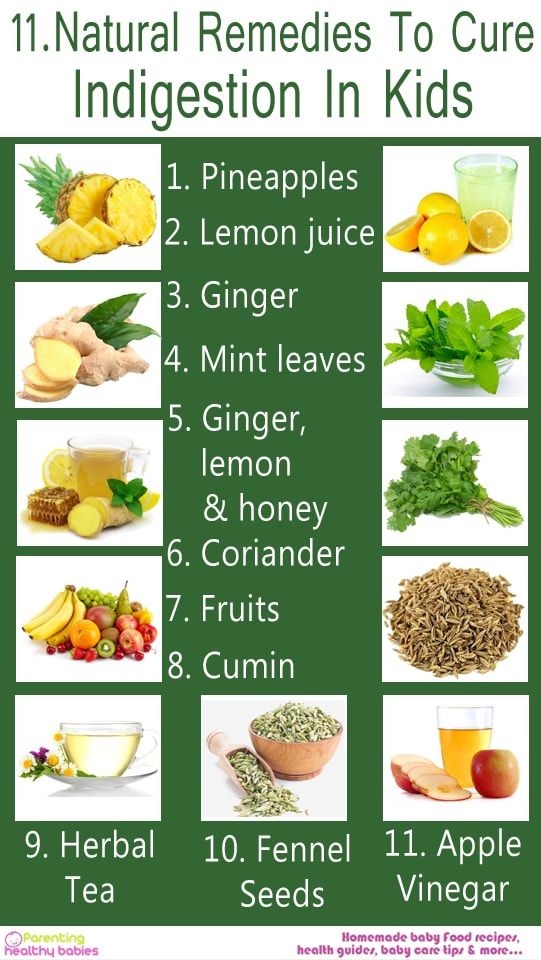
10. Yoghurt
Yoghurt contains good bacteria that facilitate digestion. But, it also has a binding effect on food substances and sometimes may cause constipation in children.
Foods That Help Relieve Constipation in Infants
Now that you know which foods cause constipation in babies, so avoid incorporating them into your baby’s diet. If your baby is already suffering from constipation, then include these high-fibre foods in your baby’s diet. These foods will not only relieve the condition but also prevent it from occurring in future.
1. Prunes
Prunes are rich in fibre and a great source of multivitamins. Being a good source of fibre, they can ease and speed up the bowel movements. Prunes can be soaked overnight and given to a baby first thing in the morning. You can also give your baby prune juice. Prunes and prune juice are an excellent remedy for constipation.
2. Beans
Beans are packed with fibre and can be included in a baby’s diet if he is suffering from constipation.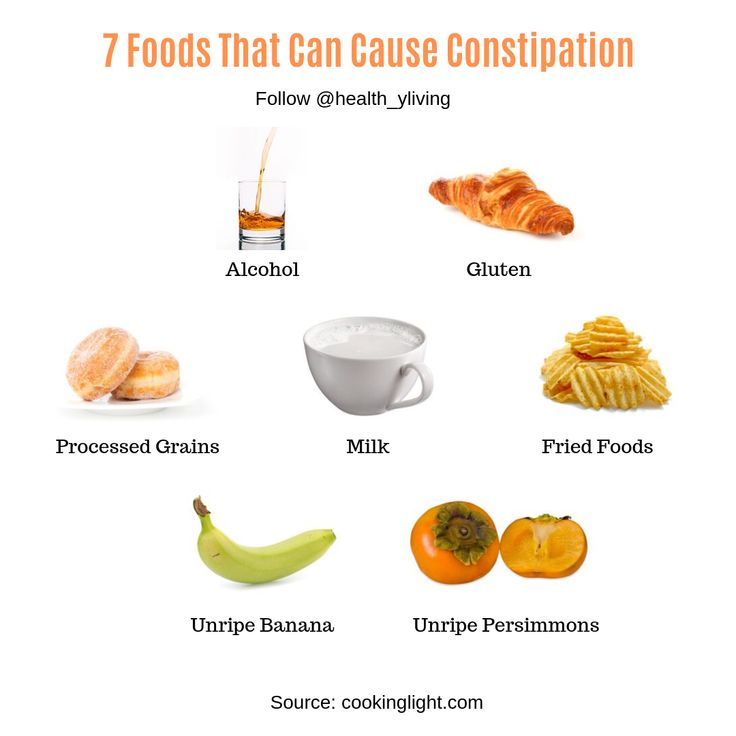 Eating beans will improve his bowel movements. As beans contain both soluble and insoluble fibre, it will help in digestion of food and help your little one excrete properly.
Eating beans will improve his bowel movements. As beans contain both soluble and insoluble fibre, it will help in digestion of food and help your little one excrete properly.
3. Green Peas
Fresh green peas available in winters are loaded with fibre – they are a perfect food to include in your baby’s diet if he is constipated. Peas can be given as a simple snack by just boiling and seasoning. Infants can be given boiled peas in the pureed form to aid bowel movements.
4. Apricots
Apricots are another seasonal fruit used for treating constipation. It can be given raw or in the form of juice. Dried apricots are also available in the market, which can be soaked overnight and given to babies.
5. Oatmeal
Oatmeal, a common and widely preferred food for babies, is an excellent food for children with recurrent episodes of constipation. Oatmeal can provide your baby with much-needed fibre and can prevent constipation.
6. Pears
Pears are rich in fibre and Vitamin C.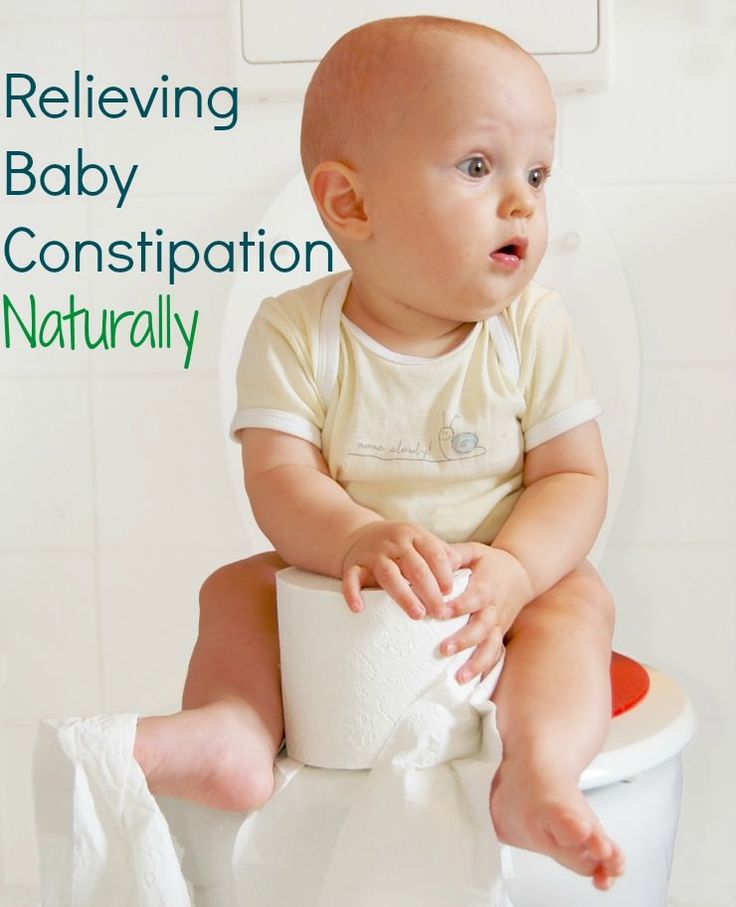 Both fibre and Vitamin C aid in proper digestion and relieve constipation. Babies can also be given a few drops of fresh pear juice to cure constipation.
Both fibre and Vitamin C aid in proper digestion and relieve constipation. Babies can also be given a few drops of fresh pear juice to cure constipation.
7. Broccoli
Broccoli, a superfood for babies, is a rich source of protein and fibre. Broccoli is also a good source of fibre, Vitamin C, Vitamin K, and folate. Green vegetables like spinach and broccoli add weight to stools, making them easier to pass through the gut. You can give small steamed broccoli florets to your baby as finger food. Broccoli also contains sulforaphane, which may protect the gut and aid digestion.
8. Sweet Potatoes
Sweet potatoes, unlike other tubers, are one of the best baby foods and they do not cause constipation. Sweet potatoes can help in relieving constipation and provide essential nutrients and carbohydrates to your growing baby.
9. Berries
Berries are rich in antioxidants and are an excellent food for babies and toddlers. They are also high in fibre, which is why they are a must-include in your baby’s diet. You can give berries to your baby in pureed form. By eating berries, your little tot won’t complain of constipation.
You can give berries to your baby in pureed form. By eating berries, your little tot won’t complain of constipation.
10. Whole Grain Bread
Whole grains foods have high fibre content in them, which is good for the heart as well as for the digestive system. You can give whole wheat bread to your baby – it is high in fibre and will prevent constipation in your little one.
Food Recipes/Purees To Help Baby’s Constipation
Got a constipated baby on your hands? We feel you, parents. It’s tough to watch your little one struggle with something as uncomfortable as constipation. But fear not, we’ve got some food remedies that might just do the trick!
Here are 5 delicious purees that can help ease your baby’s constipation:
1. Prune puree
This recipe is simple to make and delicious to devour. With 3 simple ingredients, you’ll be making a treat in less than 30 minutes, so let’s get going!
What You Will Need
- 2 cups pitted prunes
- 1 cup water
- 1 tsp lemon juice
- 1 tsp ginger paste
How To Make:
1.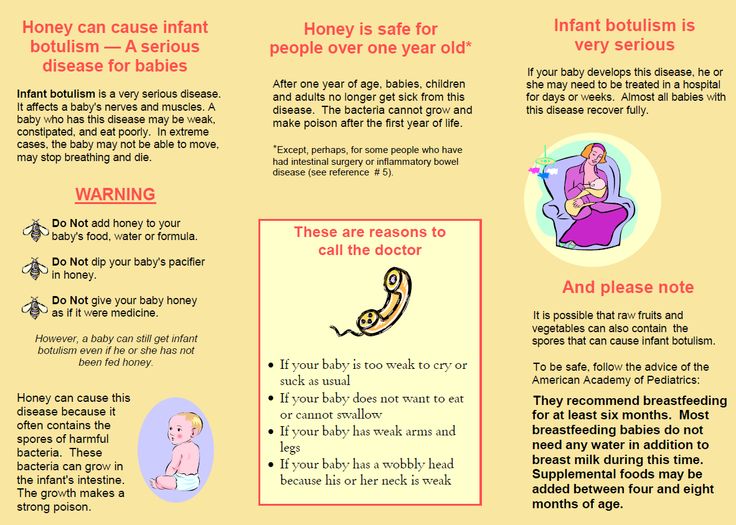 Combine all ingredients in a saucepan and bring to a boil.
Combine all ingredients in a saucepan and bring to a boil.
2. Reduce heat and let it simmer for 20 minutes.
3. Puree the mixture until it’s smooth.
2. Apple and pear puree
This puree is the best mix of fruits and to get well hydrated while you’re at it. Combining the goodness of apples and pears, this one is a definite favourite for your little ones!
What Will You Need
- 2 apples, peeled and cored
- 2 pears, peeled and cored
- 1/2 cup water
How To Make:
1. Steam the apples and pears for about 15-20 minutes until they’re soft.
2. Blend the fruit with water until you get a smooth consistency.
3. Avocado and pear puree
Who doesn’t love themselves a fresh ripe avocado, and combine that with a juicy pear, there’s a dish no one can resist. So get your spoons and dig in!
What Will You Need
- 1 avocado, peeled and pitted
- 2 pears, peeled and cored
- 1/2 cup water
How To Make:
1.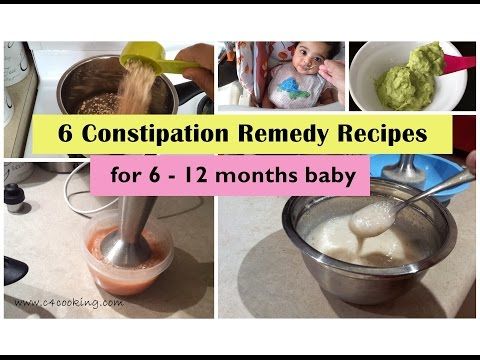 Steam the pears for about 15-20 minutes until they’re soft.
Steam the pears for about 15-20 minutes until they’re soft.
2. Blend the avocado, pear, and water until you get a smooth consistency.
4. Sweet potato puree
Sweet potatoes are a staple growing up and not only are they delicious but they’re gentle on the stomach too. Your little one is going to thank you and come back asking for more, with this recipe, trust us.
What Will You Need
- 1 sweet potato, peeled and chopped
- 1/2 cup water
How To Make:
1. Steam the sweet potato for about 20-25 minutes until it’s soft.
2. Blend the sweet potato and water until you get a smooth consistency.
5. Prune and apple puree
The prune and apple puree may be the easiest dish out there to ensure your little one’s tummy gets that cooling relief. A simple 15 minute preparation, 2 fruits and a bowl of goodness!
What Will You Need
- 1 cup pitted prunes
- 2 apples, peeled and cored
- 1/2 cup water
How To Make:
1.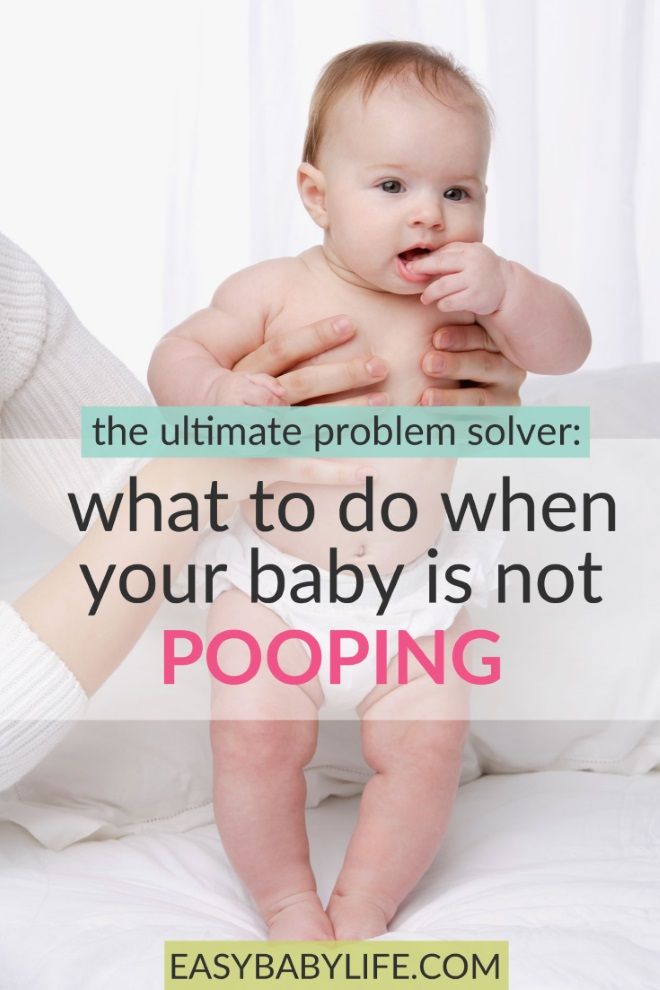 Steam the apples for about 15-20 minutes until they’re soft.
Steam the apples for about 15-20 minutes until they’re soft.
2. Blend the prunes, apples, and water until you get a smooth consistency.
There you have it, folks! These purees are not only delicious but can also help your baby poop like a champ. Try them out and let us know which ones your little one loves.
Does Juice Help To Relieve Constipation In Baby?
Got a constipated baby and wondering if juice can help? We know you’re desperate for a quick solution, but hold on a minute!
While juice might seem like an easy fix, it’s important to choose the right kind of juice for your baby. Some juices, like apple and prune juice, can help relieve constipation due to their high fiber and sorbitol content. But other juices, like pear and peach juice, can actually make things worse.
So, if you’re considering juice as a solution, be sure to consult with your pediatrician first. They can guide you on which juice to use and in what quantity. Remember, your baby’s health is the top priority!
But hey, if you’re not keen on giving your baby juice, we’ve got you covered with some food remedies that can help ease constipation.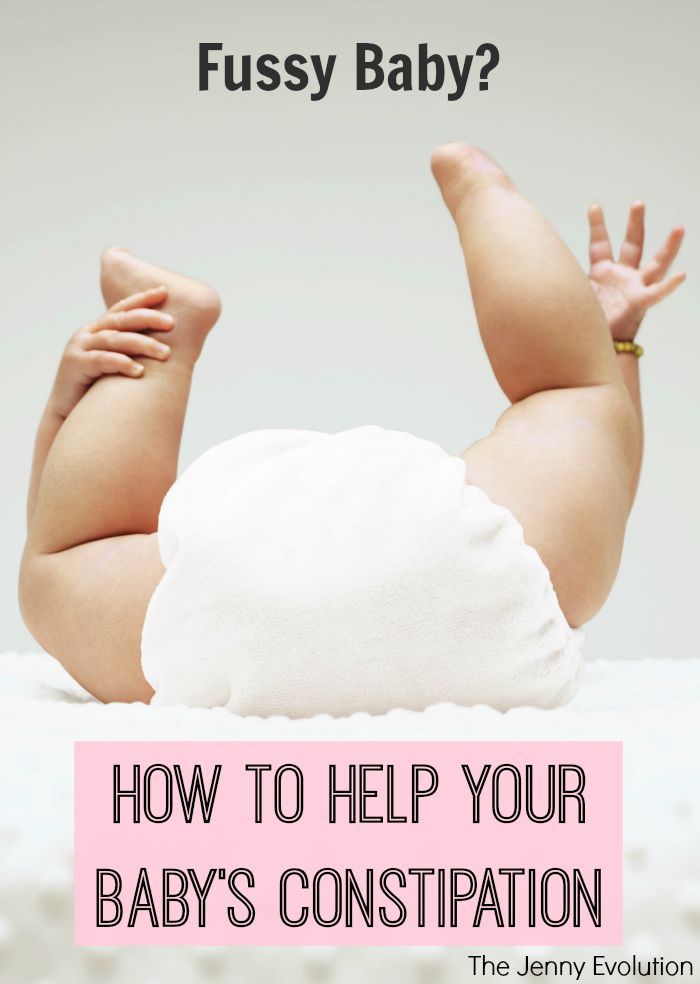 Check out our previous post for 5 delicious purees that can get things moving in the right direction.
Check out our previous post for 5 delicious purees that can get things moving in the right direction.
What Else You Can Do To Ease Your Baby’s Constipation?
Uh-oh, does your baby seem to be struggling with constipation? We know how tough it can be, but there are some other things you can try to ease their discomfort.
Here are 3 simple tips to help get things moving:
1. Increase fluid intake
- Offer water or breast milk/formula more frequently.
- If your baby has started solids, try offering pureed fruits and vegetables with a high water content, such as watermelon or cucumber.
2. Encourage physical activity
- Give your baby tummy time or encourage them to crawl or roll around.
- Gentle belly massages or bicycle leg movements can also help stimulate bowel movements.
3. Adjust feeding habits
- If your baby is formula-fed, consider switching to a formula that contains prebiotics and probiotics.
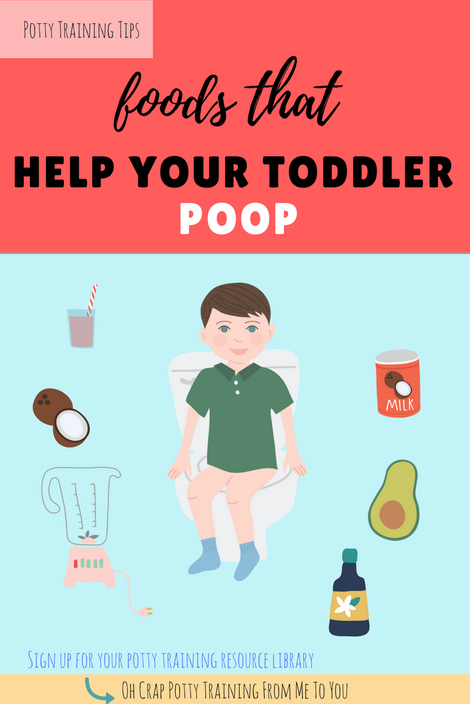
- For babies who have started solids, offer high-fiber foods like oatmeal, whole-grain cereals, or pureed beans.
Remember, it’s important to consult with your pediatrician before trying any remedies or making changes to your baby’s diet. But with a little patience and perseverance, you can help your little one find relief from constipation. Good luck, parents!
FAQs
1. How Will You Know That Your Baby is Constipated?
If your baby is constipated, he obviously won’t be unable to communicate that to you. So watch out for these signs of constipation in him –
- He has three or fewer than three bowel movements in a week.
- His stools are hard and dry.
- He has a hard time pooping.
- He cries continuously and has a stomach ache.
2. How Can You Prevent Constipation in Your Baby?
To prevent and treat constipation in babies, here’s what you can do:
- If your baby has crossed the six-month mark, you can make him sip water in small amounts.
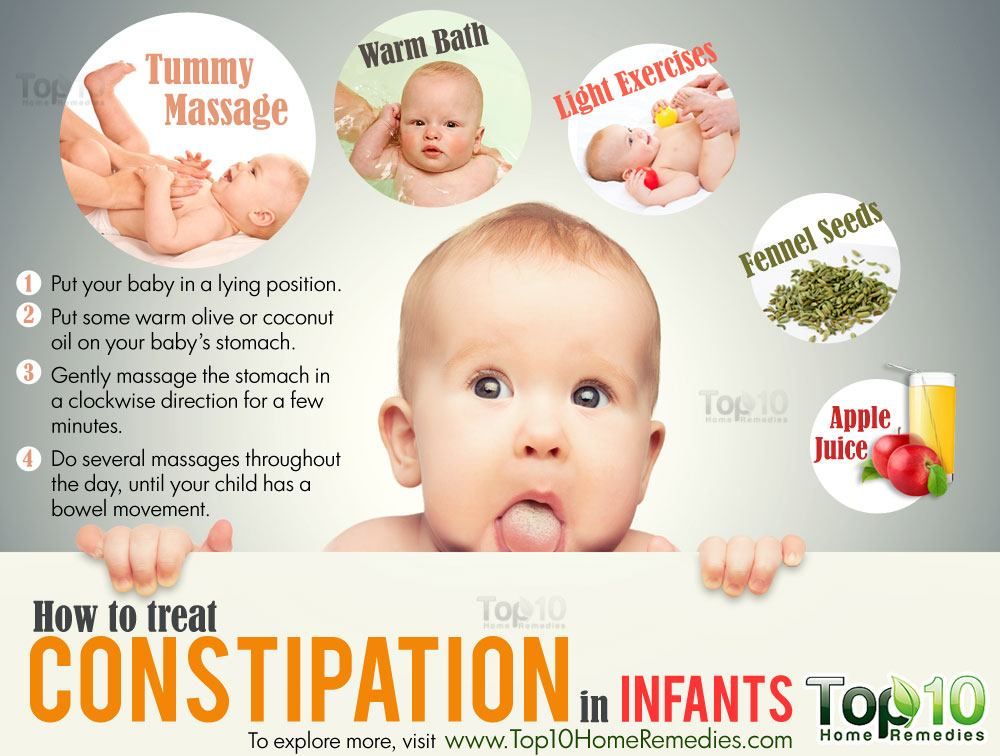 Before six months, he will get all the hydration he needs through breast milk. Later, you can start with foods that contain water and fibre, as water and fibre will improve his bowel movements.
Before six months, he will get all the hydration he needs through breast milk. Later, you can start with foods that contain water and fibre, as water and fibre will improve his bowel movements.
- Include high-fibre foods in his diet. Make prunes, berries, whole grains, and pulses in his diet as they are high in fibre content and aid digestion.
- Get your child into the habit of pooping. Once he is ready for potty training, make sure you make him sit on the toilet seat for at least 10 minutes at about the same time daily. It will get him into the habit of going to the toilet.
3. Is Apple Juice Good For Constipation In Babies?
If you’re dealing with a constipated little one, you might be wondering if apple juice could be the magic potion to get things moving. Well, the good news is that apple juice can be helpful in relieving constipation in babies! Apples contain a natural sugar alcohol called sorbitol that can help soften stools and make them easier to pass.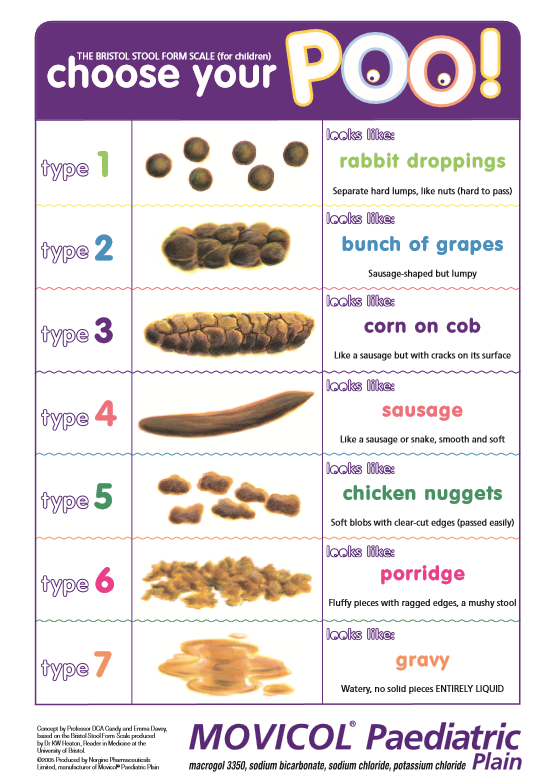 But don’t go overboard with the apple juice, as too much can have the opposite effect and lead to diarrhea. As with any new food or drink, it’s best to introduce apple juice in small amounts and monitor your baby’s reaction. And don’t forget to consult with your paediatrician if you have any concerns!
But don’t go overboard with the apple juice, as too much can have the opposite effect and lead to diarrhea. As with any new food or drink, it’s best to introduce apple juice in small amounts and monitor your baby’s reaction. And don’t forget to consult with your paediatrician if you have any concerns!
4. Can Avocado Cause Constipation In Infants?
Ah, the age-old question of whether or not to add avocado to your baby’s diet. If you’re worried that this trendy fruit might back up your little one’s pipes, fear not! Avocado is actually a great food for promoting healthy digestion in infants. It’s packed with healthy fats and fiber, which can help keep things moving smoothly through the digestive tract. So, you can feel free to whip up some guacamole for your little guac-star without worrying about any unfortunate constipation consequences. Of course, as with any new food, it’s always a good idea to introduce avocado slowly and keep an eye on your baby’s reaction. And as always, check in with your paediatrician if you have any concerns.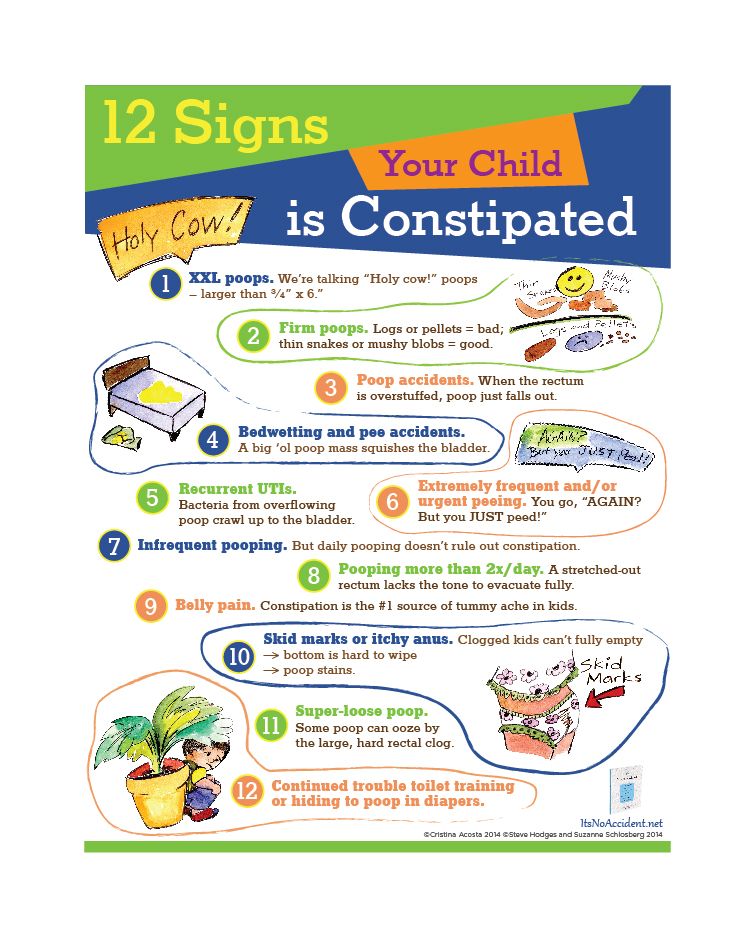
5. Is Gripe Water Good For Baby Constipation?
There’s magical elixir known as gripe water! If your little one is suffering from constipation, you might be tempted to reach for this beloved remedy. However, while gripe water can be helpful for soothing a fussy baby’s tummy, it’s not necessarily the best solution for constipation. Gripe water typically contains a blend of herbs and spices, like fennel and ginger, which can help ease gas and bloating. But it doesn’t contain any ingredients specifically targeted at relieving constipation.
So, if your baby is backed up, you might want to try some other remedies, like a warm bath or massage, before turning to gripe water. And, as always, check with your paediatrician if you have any concerns about your baby’s digestion.
6. Does Teething Cause Constipation?
Ah, teething! That magical time in a baby’s life when they discover the joys of drooling, chewing on everything in sight, and generally making their parents feel like they’re losing their minds.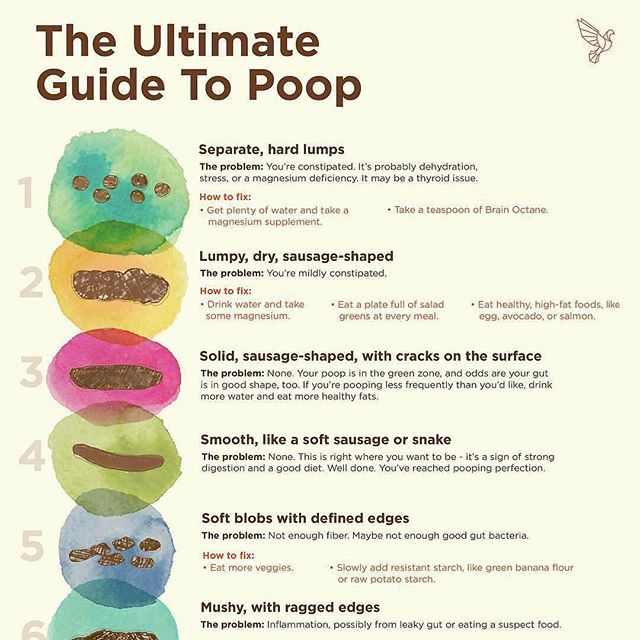 But can teething also cause constipation? While there’s no scientific evidence to support the idea that teething directly causes constipation, it is possible that changes in a baby’s diet during teething could lead to constipation.
But can teething also cause constipation? While there’s no scientific evidence to support the idea that teething directly causes constipation, it is possible that changes in a baby’s diet during teething could lead to constipation.
For example, if a breastfed baby is cutting teeth and their mom is eating a lot of foods that cause constipation, like cheese or bananas, it’s possible that the baby could become constipated as a result. So, as always, it’s important to be mindful of what you’re eating when breastfeeding and to make sure your baby is getting plenty of fluids and fibre-rich foods to keep things moving smoothly. And when in doubt, consult with your paediatrician!
Many times, parents go through a lot of stress when their babies suffer from constipation. Whether its about foods that cause constipation in breastfed babies, or their dietary requirements, if your child is constipated, don’t worry. By making slight changes in his diet and encouraging him to do some physical activity (however, small) regularly can cure constipation and other stomach-related problems in him.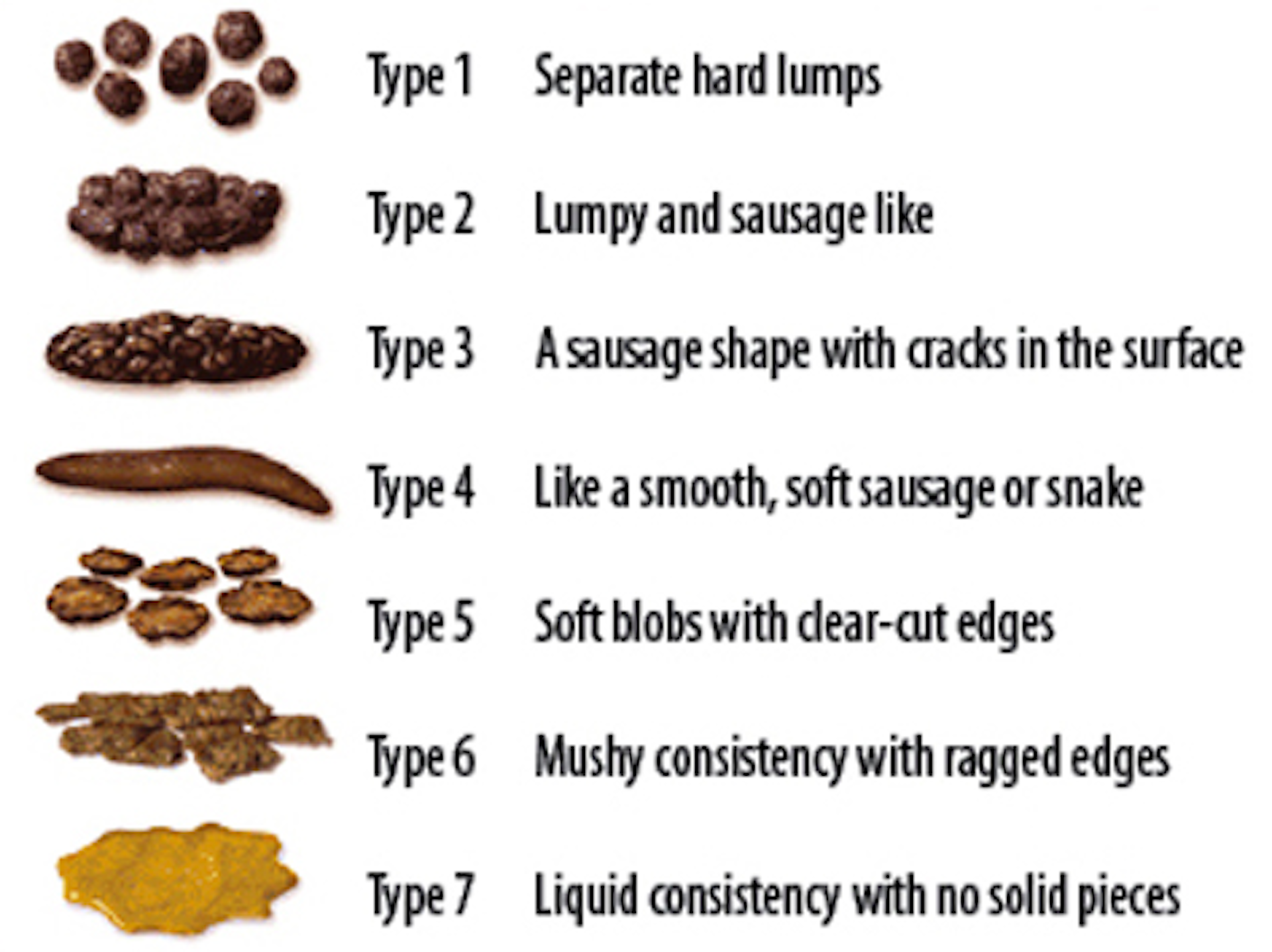 However, if the problem persists and your baby doesn’t feel better, consult a doctor.
However, if the problem persists and your baby doesn’t feel better, consult a doctor.
Also Read: Indigestion in Children
Constipation in children. Diet and gymnastics of a child with constipation.
Constipation is a very common problem in children. Why?
With the start of complementary foods, stools in infants most often improve. This is due to the introduction of fiber into the child's diet, as well as an increase in the child's motor activity.
But after 1 year the number of children suffering from constipation starts to grow again. This is due to the refusal of breastfeeding, the transition to solid food, a decrease in the amount of water in the diet. Approximately every fifth child after a year suffers from constipation. How to deal with this problem?
For your health - the recommendations of the pediatrician of the clinic "Lor Plus", a doctor of the highest category Anna Gennadievna Marakulina .
What are the most common causes of constipation in children?
- Insufficient fluid volume.
- Diet, poor in fiber.
- Insufficient physical activity.
How to avoid constipation in a child?
To prevent constipation, the child must drink enough fluids. Be sure to teach your child to drink ordinary water. A child over 3 years of age is required to drink at least 2 glasses of water a day.
— Do not give your child sweet and carbonated drinks, strong tea and coffee. They have a diuretic effect, contribute to the development of dehydration and constipation.
- Cold water stimulates peristalsis. And warm water has a relaxing effect on the muscles of the gastrointestinal tract and is quickly absorbed. Therefore, in case of constipation, it is recommended to give a child up to 3 years old 1/2 cup, and over 3 years old - 1 glass of cool water in the morning on an empty stomach. Start with water at room temperature. If the effect is not achieved and the state of health permits, the water temperature is gradually lowered. It should be pleasantly cool.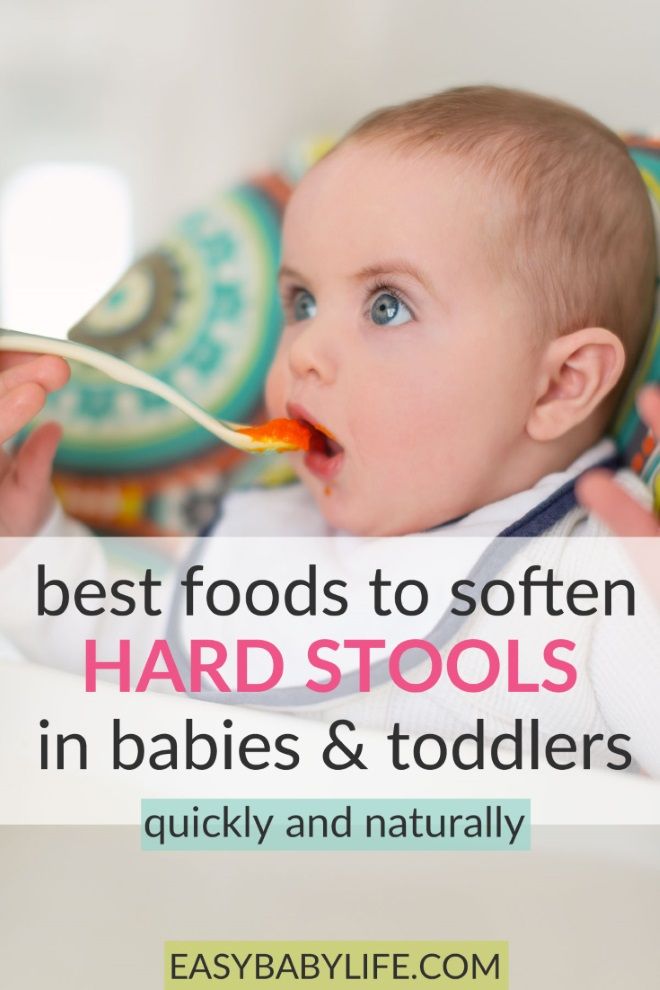 In this case, peristalsis is stimulated by rapid filling and irritation of the stomach, and then the intestines.
In this case, peristalsis is stimulated by rapid filling and irritation of the stomach, and then the intestines.
- There are drinks that have a laxative effect. Dairy products, plum and beet juice, dried fruit compote (prunes, dried apricots, raisins), chamomile decoction, children's teas with fennel and dill. By including these drinks in your baby's diet, regular stools can be achieved. But this should be done gradually, starting with small amounts, so as not to cause a digestive breakdown in the child.
Does diet help with constipation?
Everyone knows that a diet for constipation should include a lot of fiber-rich foods, and these are vegetables and fruits. But not everyone knows how much and what kind of fruits and vegetables a child needs.
| 1-3 year | 3-7 years old | over 7 years old | ||
| Vegetables of total (of which potatoes) | 350 grams (120) | 450 g (250) | 550 grams (250) | |
| Fruits | 100-150 GR | 250 GR | 250 GR | |
| Fresh vegetables | 50-70 GR | 20033 200 GK 900 GR, 20033 200 GKO 20033 200 GKO 20033 200 GKO 20033 200 GRO 20033 200 GRO 20033 200 GROK gr | 200 gr | 200 gr |
| Dry fruits | 10-15 Grams | 200 GR | 200-300 gr |
Yes, it is enough for most children to fix the drinking regime and regularly feed the child with fruit and vegetables in the vegetables according to age.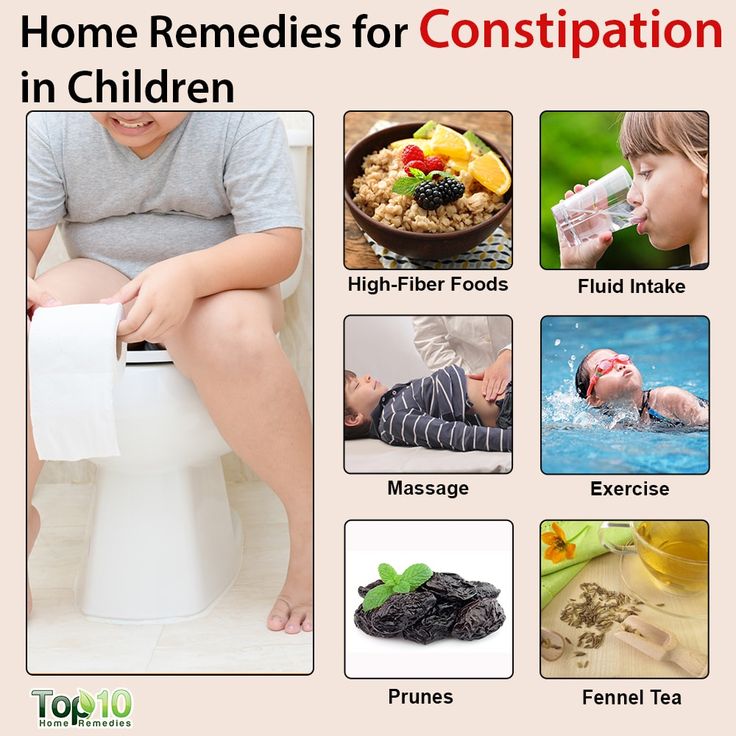 But not for everyone.
But not for everyone.
Some people need to supplement their diet with laxative foods. These include: plums, beets, prunes, raisins, figs, dates, dried apricots, legumes, nuts. They should be present in the diet of a child prone to constipation. Include them in the diet should be gradually. For some, it will be enough to consume one of the listed products daily, while others will need to include several in the diet.
Cereal porridges with shells (buckwheat, oatmeal, pearl barley, wheat) and wholemeal bread are also useful.
Fermented milk products (kefir, curdled milk, fermented baked milk, biolact) are best consumed before going to bed. 1 glass a day is enough. You can increase the daily intake of kefir to 2 glasses per day.
Refined rice, blueberries, pears, sweets and buns, flour products from premium flour, strong tea, animal fats have a fixing effect. It is better for children prone to constipation to abstain or significantly limit their use.
I recommend trying several recipes for constipation that I and my patients have tested:
— Take equal amounts of dried fruits: figs, dates, dried apricots, prunes, wash well, pour over with boiling water, destone, turn through a meat grinder or chop in a blender .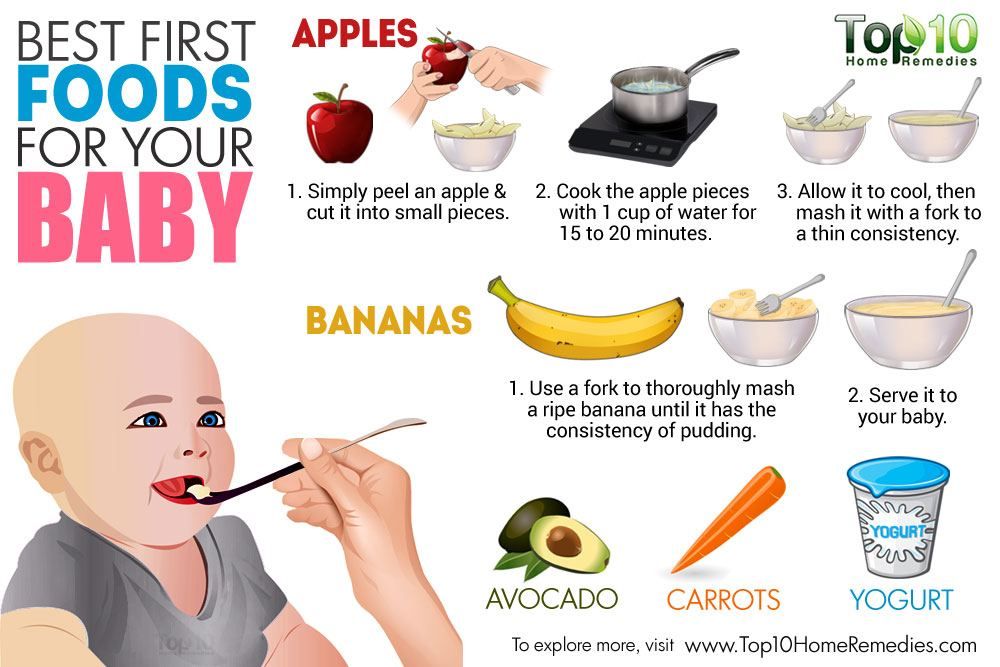 Take daily in the morning on an empty stomach (30 minutes before meals) 1-2 teaspoons with 1 glass of water with lemon. Children under 3 years old - 1/2 cup of water.
Take daily in the morning on an empty stomach (30 minutes before meals) 1-2 teaspoons with 1 glass of water with lemon. Children under 3 years old - 1/2 cup of water.
This recipe can be used by children from 1 year old, but be sure to first test how the child tolerates each dried fruit individually, and then prepare the mixture.
— Sour milk + prunes for the night: 10-20 pieces of prunes are well washed, brewed with boiling water for 5-10 minutes, a small child can be mashed. Eat before going to bed with 1 glass of kefir, biolact, fermented baked milk, curdled milk.
Wheat bran is a very useful product, because contain approximately 50% fiber, as well as many vitamins and minerals. You can buy them at a pharmacy.
Wheat bran can be included in the diet of children after 1 year as a remedy for constipation. Start with a daily amount of 1 teaspoon, gradually, every 2-3 days, increasing the dose until a regular stool is achieved. The maximum dose for children is up to 2 tablespoons per day.
The daily dose of bran is brewed with a small amount of boiling water. It is kept under the lid for 30-40 minutes, then the excess water is drained, and the swollen bran is added to the child's food, most often to porridge. You can add them to kefir, cottage cheese, vegetable and fruit puree. You can add the entire daily dose of bran in one serving of food, can be divided evenly into breakfast, lunch and dinner.
Gymnastics for constipation. Helps or not?
In my experience it helps a lot! Active and mobile children are less likely to suffer from constipation. For the prevention of constipation, sports are useful: running, swimming, gymnastics, squats, tilts, exercises to strengthen the abdominal press.
A child suffering from constipation, in addition to following a diet and drinking regimen, is recommended to do a few simple things in the morning:
- Get up early so that there is enough time for all morning activities, including going to the toilet, water (possible with a mixture of dried fruits),
- Perform the following exercises - Starting position standing: take a deep breath, then a deep breath, then draw in the stomach as much as possible and stick it out.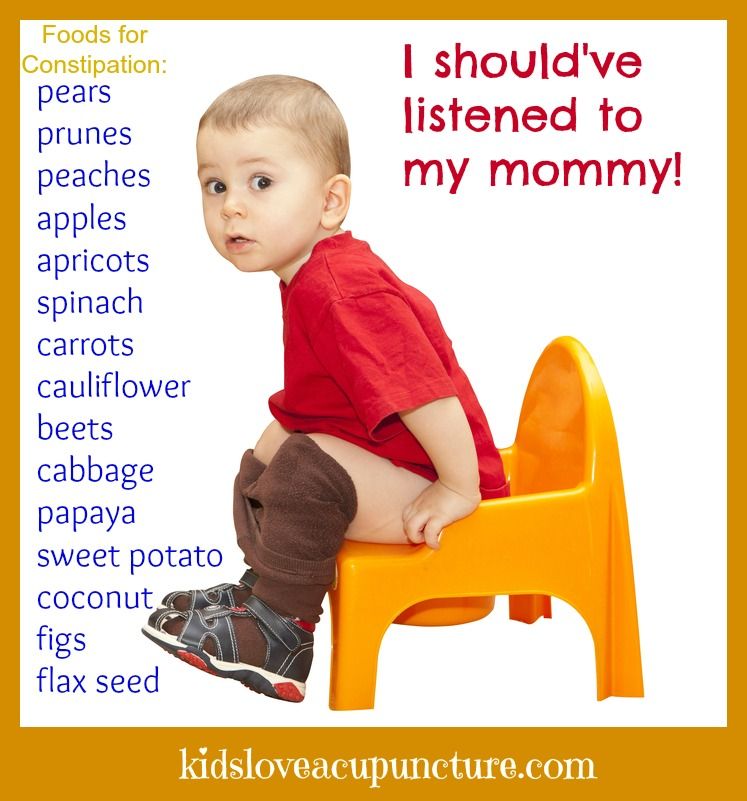 Repeat the exercises several times.
Repeat the exercises several times.
There is a good chance that the child will want to go to the toilet afterwards.
Abdominal massage is also helpful.
Is constipation so dangerous?
The causes, and hence the consequences of constipation can be different:
• stress - you need to create a calm environment for the child,
• rectal fissures - you need to contact the surgeon,
• arbitrary retention of stool - you need to talk with the child, try to work out from him morning defecation schedule.
And the consequences can be different. It is always better to find out the causes of the disease with your pediatrician. So you can avoid dangerous consequences.
It is not recommended to give a child laxatives and suppositories on their own, as well as to repeat cleansing enemas frequently. If for a long time (more than 1 month) it is not possible to establish a regular chair for a child, you need to see a doctor. Diet
Let your baby be always healthy!
And the pediatricians of the clinic "Lor Plus" are ready to answer the questions of mothers and fathers about the well-being of the child and the prevention of childhood diseases.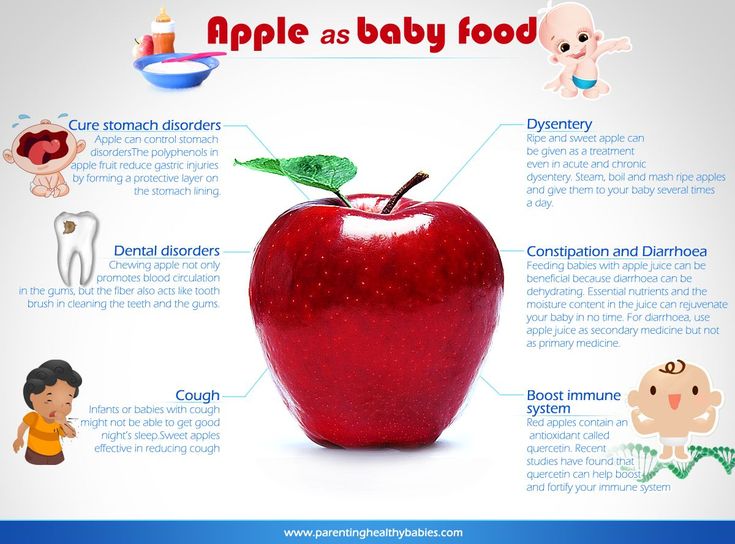
Come to our clinic!
Experienced paediatricians see children in our clinics:
Marakulina Anna Gennadievna (pediatrician, doctor of the highest qualification category, experience 29 years)
Fedoseeva Olesya Andreevna (pediatrician).
Our doctors:
- They will pick up the key to a crying baby,
- They will calm the worried mom,
- They will quickly make the correct diagnosis,
- They will prescribe an effective treatment.
Make an appointment with the Pediatrician at a convenient time for you
| You can make an appointment by phone. +7(342)258-258-8 or through the registration form below. Appointment with a doctor through the Administrator of the clinic Leave your details, our Administrator will call you back in the near future, consult on the cost of services, select the best time for your appointment. Your name Your phone number Enter your phone number so that the clinic administrator will contact you in advance. Message Specify wishes for date, time of appointment and doctor By clicking on the button, you consent to the processing of your personal data. |
Please note that:
- When visiting the clinic for the first time, it is advisable to arrive 10 minutes before the appointed time in order to fill out a medical history and sign an agreement, informed consent for medical intervention. You can familiarize yourself with the texts of these documents here.
- To sign the contract, you must have a passport with you.
- If the patient is a child (up to 18 years of age inclusive!), then one of the parents or guardian must come to the appointment with the child and sign the contract and consent.
- Think ahead and formulate the problem with which you go to the doctor.
- If you have the results of previous studies and analyzes, we recommend that you bring them with you to an appointment with a specialist.
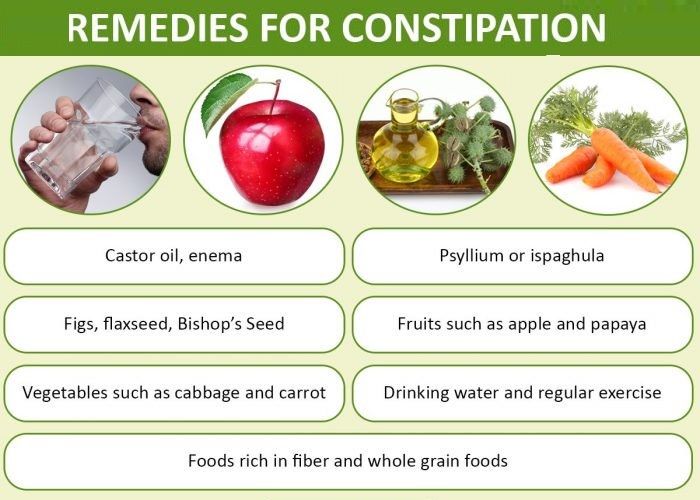
- If you have a chronic illness and take medicines all the time, write down the names, doses, and regimen.
- Remember and be sure to tell your doctor if you have had an allergic reaction to any medications, foods, etc.
Clinic address and travel scheme can be viewed here
,90,000 foods for a nursing mother with a constipation in a childHome
>
Learn more about constipation
>
BERMENS and lambers
> 9000 9000 in a child
Contents
- Classification of constipation in newborns and infants
- Causes of constipation in infants
- Importance of maternal nutrition in constipation in the infant
- Recommended Products
- Products not recommended
- Maternal and child feeding rules to avoid constipation
- Nursing mother's menu for several days
Breast milk allows the baby to receive all the nutrients necessary for its growth and full development, and saves the mother from worrying about the correct selection of milk formulas, the temperature of the prepared baby food, etc.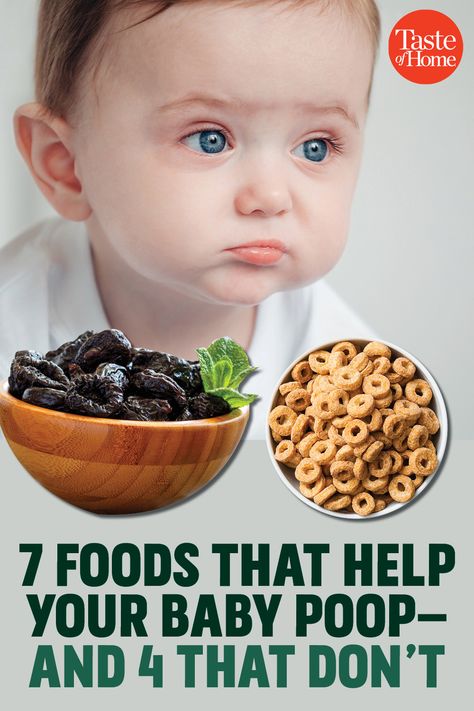 But there is a nuance in breastfeeding: the quality of the baby’s digestion directly depends from maternal diet. Therefore, quite often women turn to the doctor with the question of what to eat for the mother if the child has constipation, and how to normalize the stool of the newborn by correcting the diet of the mother.
But there is a nuance in breastfeeding: the quality of the baby’s digestion directly depends from maternal diet. Therefore, quite often women turn to the doctor with the question of what to eat for the mother if the child has constipation, and how to normalize the stool of the newborn by correcting the diet of the mother.
Classification of constipation in newborns and infants
Classification by course
Stool retention in children can have an acute and chronic course.
Acute course
Occurs once or occurs periodically, but with large intervals between episodes.
Chronic
In a chronic condition, this problem is present for a long period: the symptoms of constipation are observed continuously for several weeks or months.
Types of constipation
In addition to classification by flow, constipation is divided into atonic and spastic.
Atonic
Peristalsis is sluggish and weak, and the excreted feces are dense and voluminous.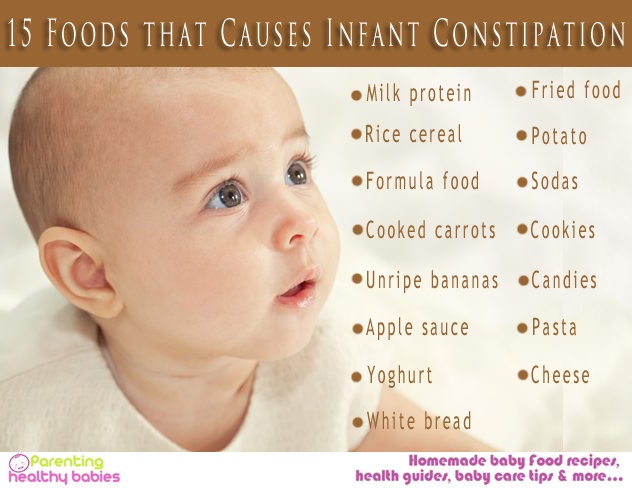
Spastic
In spastic constipation, there is excessive peristalsis in one part of the intestine, which leads to a temporary "blockage" of feces and its difficulty in moving. Feces with spastic constipation are heterogeneous, divided into small, dry and hard lumps.
Causes of constipation in infants
The most common causes of constipation in infants are:
Improper maternal nutrition
Maternal nutrition for constipation in a breastfed infant should be considered first.
It is the mother's dietary disturbances that often lead to the child's stool retention. The diet of a nursing mother with constipation in a baby often includes foods that have a fixing property.
Features of the nervous system of the newborn
A kind of immaturity of the mechanisms responsible for innervation (that is, the supply of organs and tissues with nerves that ensure their connection with the central nervous system) of the intestine can cause constipation due to insufficient response of receptors to irritation by fecal masses.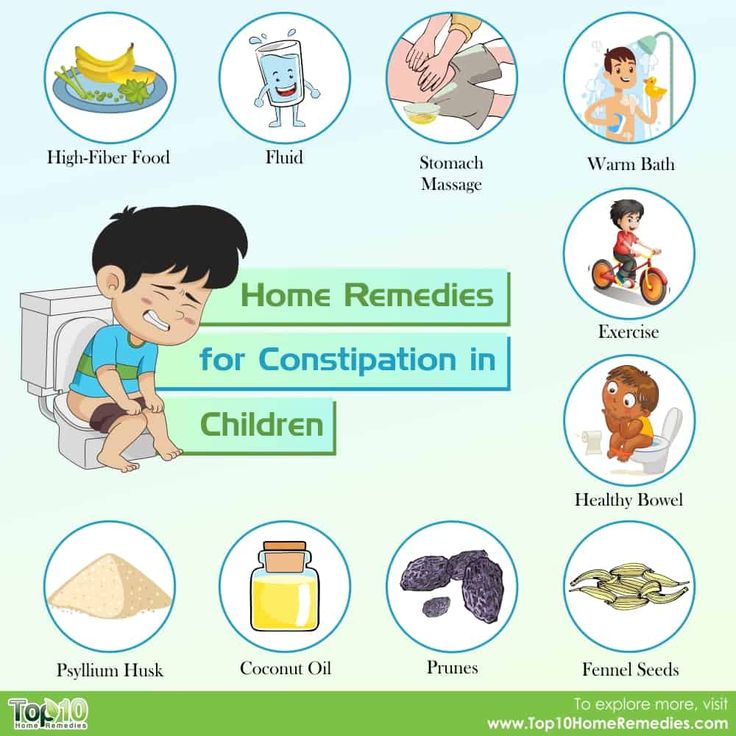
The mother takes medications
A number of medications necessary for the treatment of various diseases and conditions in a nursing mother give side effects in the form of a decrease in intestinal tone, slowing down peristalsis, etc. Therefore, when prescribing drug therapy, a woman should inform the doctor that that she is breastfeeding.
Importance of maternal nutrition in constipated infants
Nutrition of a nursing mother in constipated infants is much more important than it might seem at first glance. So, the lack of liquid in the diet leads to an increase in the fat content of milk, which can cause a delay in stool in a child. Consumption of a large amount of sweets and baked goods can change the chemical composition of milk. It also negatively affects the functions of the intestines in the baby. And the lack of plant products in the menu - vegetables and fruits, vegetable oils, etc. - reduces the amount of vitamins and minerals in breast milk, which can provoke not only constipation, but also other medical problems.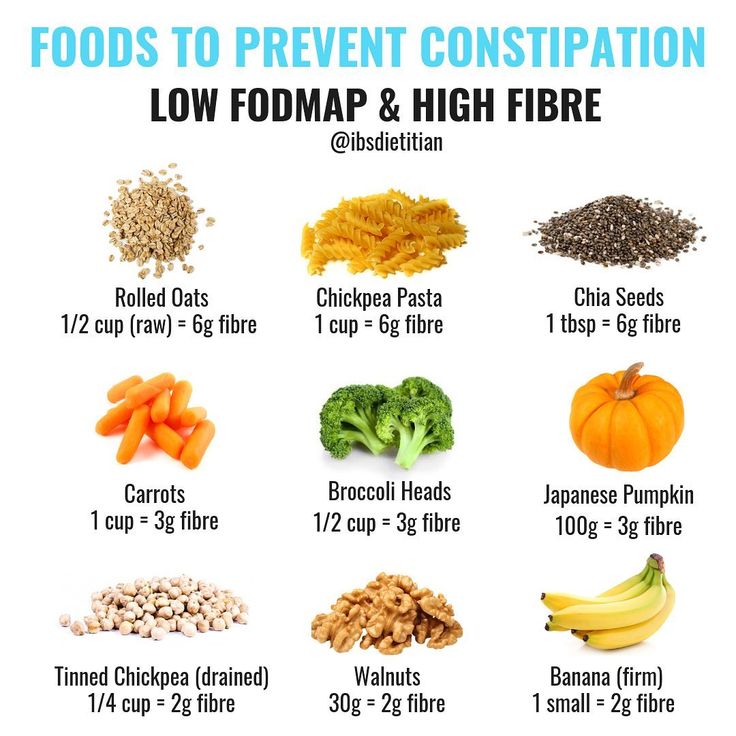
Recommended products
What to eat with constipation for a nursing mother, you can choose from the list of recommended products:
Cereals
Wheat, oatmeal, corn, buckwheat, whole grain bread, wholemeal or bran bread.
Vegetables
Beetroot, pumpkin, zucchini, cucumbers, cabbage, potatoes, tomatoes in the form of fresh or boiled vegetable salads, side dishes, independent dishes (soups, stews, casseroles, etc.).
Meat products
All types of lean meat boiled, baked or stewed, soups in weak broths.
Dried fruits
Dried apricots and prunes are the best laxative foods but should be limited to 3-5 pieces. per day, as if consumed in excess, they can cause diarrhea.
Non-recommended foods
The presence in the diet of foods with a laxative effect and rich in fiber is not the only condition that the diet requires for constipation in infants.
It is equally important to exclude products that have a fixing effect from the mother's menu.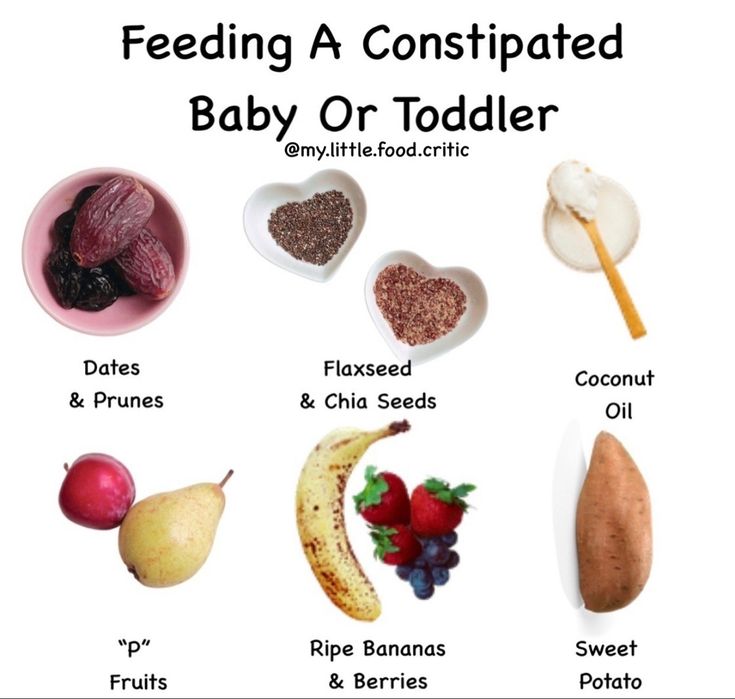 These include rice, semolina, pasta, muffins, sweets, pears, pomegranates, strong brewed tea, coffee, cocoa, chocolate.
These include rice, semolina, pasta, muffins, sweets, pears, pomegranates, strong brewed tea, coffee, cocoa, chocolate.
If constipation in a baby is accompanied by intestinal colic and increased gas formation, all legumes should also be excluded from the diet, and vegetables and fruits from the recommended list should be consumed only in processed form (soups, mashed potatoes, stews, etc.).
Laxative products during breastfeeding should also be limited if the baby has unstable stools - alternating constipation and diarrhea.
Maternal and child feeding rules to avoid constipation
Maternal nutrition in constipated infants is of great importance. But the diet and food hygiene mean no less: they help eliminate a number of factors that have an undesirable effect on the mother's body and, as a result, on the quality of breast milk.
Observe the hours of eating and feeding
A clear regimen will make mom's digestion more efficient and therefore improve nutrient absorption.
And eating small meals 4-5 times a day will ensure an even supply of nutrients to the milk. Feeding the baby should be based on the same principle. Teach him to eat at strictly allotted hours according to his age - a "disciplined" digestive system is much less prone to constipation.
Take care of feeding hygiene
In addition to traditional hygiene procedures before feeding (washing hands, wiping the nipple and areola), it is necessary to ensure that the child correctly grasps the nipple.
When sucking, he should not swallow air - this can provoke disturbances in the digestive tract. To ensure better hygiene and to make the mother feel more confident during breastfeeding, we recommend using JOHNSON’S® Baby breast pads.
MICROLAX® has prepared visual material especially for mothers of babies prone to constipation:
Menu for a nursing mother for several days
If the baby has constipation, what should the mother eat and in what quantities? Here is the approximate composition of the diet for two days:
Monday
Tuesday
Further, your diet should be built similarly to this example, taking into account the recommended and undesirable products.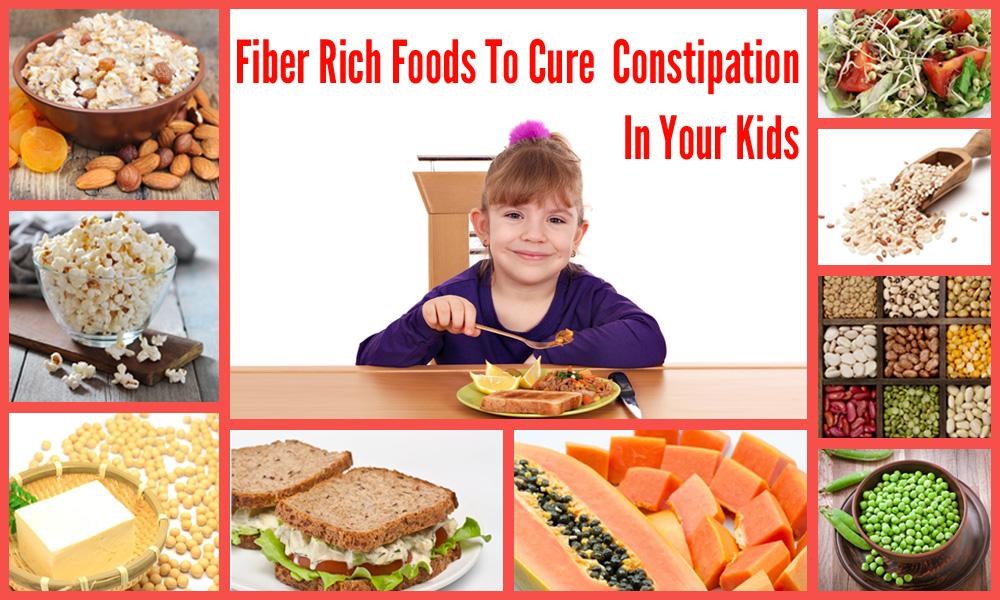


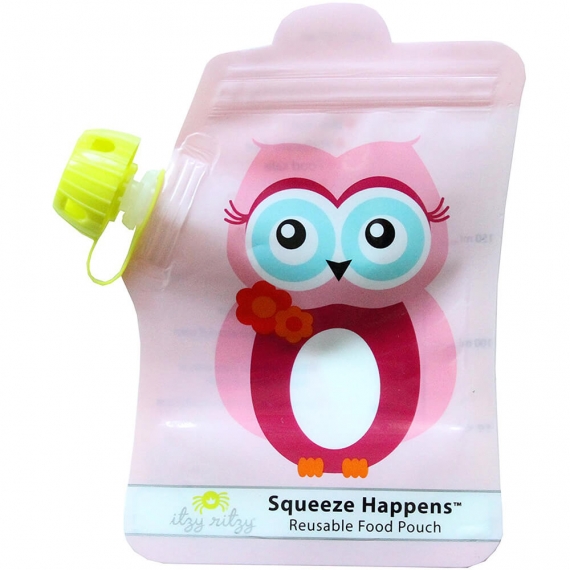

.jpg)
